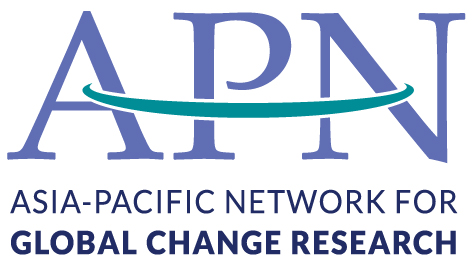About the project
There has been a long-standing debate on whether permanent migration from at-risk places should be considered as an adaptation strategy in its own right or as a last-resort response to failed in-situ adaptation. What this debate has ignored to date is the potential of short-distance movement (micro-mobilities) and short-duration movement (circular migration) to enhance adaptative capacity and resilience of households and individuals, enabling them to remain in place despite facing increasingly severe climatic risks. Micro-mobilities can include such strategies as moving livestock to higher ground during a flood and establishing multi-local households to diversify climatic risks. Circular migration may include short-term labour migration (usually < 1 year), either internally or cross-border, in response to climate-related hazards, whereby returning migrants can restore their livelihoods and/or rebuild their homes or businesses with the knowledge, skills and capital gained during their short-duration stay elsewhere.
Our project will examine (1) who is able to engage in such strategies and what are the resilience outcomes, (2) who is excluded and left behind, potentially in a more vulnerable condition (e.g., due to disability, gender roles or other cultural norms) and (3) how does the mobility of one group or individual affect the im/mobility of other groups or individuals. Study findings will inform Pacific policy makers in the field of climate migration and planned relocation.
Project Objectives
- To explore the mobility strategies of different social groups in rural and peri-urban communities in Fiji and Samoa in response to climatic changes
- To determine how climate-related mobility affects the success of climate adaptation strategies (e.g., through remittances from short-term overseas employment, temporary movements in times of disasters);
- To examine why some groups and individuals are more mobile than others (e.g., by choice and aspiration, by pressure from family members or social peers, by their demographic characteristics, economic opportunities);
- To explore how mobility of some groups and individuals affects the mobility or immobility of other groups and individuals;
- To determine innovative government policies and strategies that build on successful local mobility and immobility patterns.
Expected Outcomes
- Better understanding of adaptive capacities and mobility capabilities among rural and peri-urban communities, with particular recognition of women, the elderly, children, and persons with disabilities experiencing disadvantages in terms of climate-related mobility;
- Enhanced capacity among early-career researchers, students and collaborating stakeholders from local and national governments to conduct gender-sensitive mobility and adaptation studies;
- Strengthened capacity among policy makers to finetune or overhaul local and national level climate mobility plans, climate displacement frameworks and planned relocation guidelines.
Specific Outputs
- New research tools for gender-transformative approaches to climate mobility and climate risk management;
- Co-owned database as an inventory of im/mobility strategies in response to climatic stressors and other systemic changes, benefits and potential harms from mobility/immobility as adaptation;
- Knowledge sharing platform across partner institutions and between academics and local/national stakeholders for just and transformative climate mobility strategies and adaptation practices;
- Policy briefs to provide guidance on how to design gender-transformative climate mobility strategies and policies.
Study Sites
Fiji
Four communities on Viti Levu: Silana, Natalaira, Galoa, Yadua
Samoa
Four communities on Upolu: Vaitele, Luatuanu'u, Lalomanu, Sa'anapu

